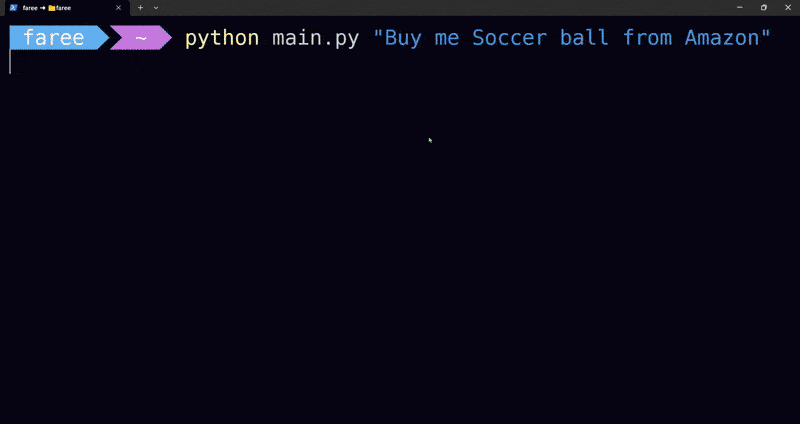Member-only story
Refactoring Code from Imperative to Functional Programming in Kotlin
From Loops to Lambda: Refactoring Complex Kotlin Code to Functional Programming

Introduction
Refactoring code from an imperative to a functional programming style can lead to cleaner, more maintainable, and more predictable code. In this blog, we will explore how to refactor Kotlin code from an imperative approach to a functional style. We’ll use examples to illustrate these concepts, inspired by the teaching principles of Venkat Subramaniam, a well-known author and speaker in the programming community.
What is Imperative Programming?
Imperative programming is a style where you write code that describes in detail the steps that need to be taken to achieve a desired result. It focuses on how to perform tasks.
Example of Imperative Code:
fun filterEvenNumbersImperative(numbers: List<Int>): List<Int> {
val result = mutableListOf<Int>()
for (number in numbers) {
if (number % 2 == 0) {
result.add(number)
}
}
return result
}In this code, we explicitly manage the state of the result list and use a loop to filter even numbers.
What is Functional Programming?








